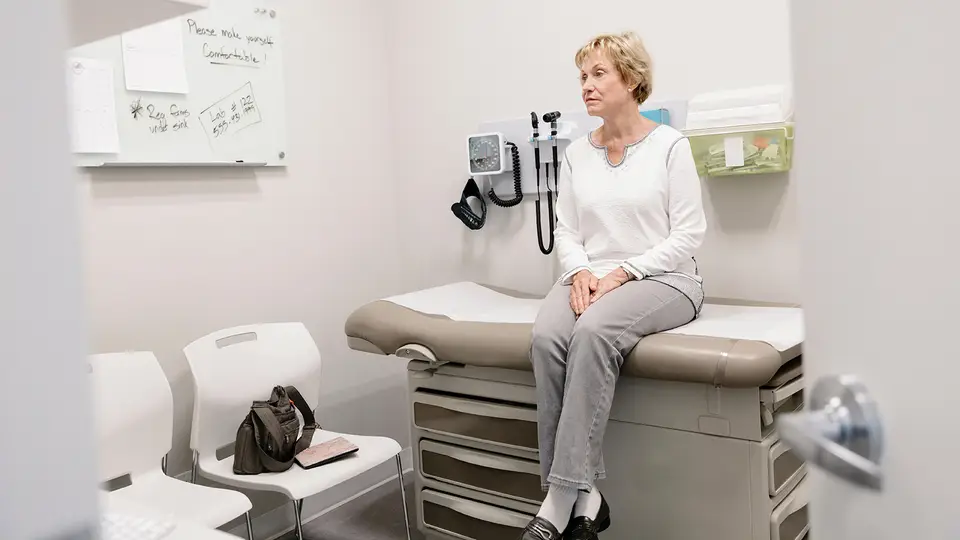As a primary care physician, I have witnessed the profound impact of the human touch in medicine. Beyond medical knowledge and diagnostic skills, the connection between healthcare providers and patients is a cornerstone of effective healthcare. It transcends mere clinical procedures and contributes significantly to the overall well-being of individuals. One of the primary roles of a primary care physician is to establish a long-term, trusting relationship with their patients. This personal connection fosters open communication and enables us to understand the unique needs and concerns of each individual. Patients are more likely to share vital information about their health, both physical and emotional, when they feel valued and heard. This human interaction is invaluable in early diagnosis, effective treatment, and preventive care. The human touch extends beyond the examination room. Empathy, compassion, and active listening are vital components of patient care.

Patients often come to us not just for medical solutions but for emotional support and guidance. In times of uncertainty, illness, or life-changing decisions, the human touch provided by a primary care physician can offer a sense of comfort and reassurance. We are not just healers; we are also caregivers, confidants, and advocates. Moreover, the human touch in medicine is integral in providing a holistic approach to healthcare. We not only address physical ailments but also consider the psychological, social, and environmental factors that influence a patient’s health. By understanding the patient’s life context and employing a patient-centered approach, we can tailor healthcare plans that are more likely to be adhered to and effective. The human touch enables us to see the patient as a whole, rather than just a collection of symptoms. In this age of advanced technology and telemedicine, the human touch remains as important as ever. While technological advancements have improved access to medical care, they cannot replace the irreplaceable emotional connection between a physician and a patient.
The warmth of a smile, a comforting hand on the shoulder, or an empathetic response to a patient’s concerns cannot be replicated by machines. These gestures convey care and support, which is essential for healing. From a practical standpoint, the human touch in medicine can also enhance patient satisfaction and improve healthcare outcomes. Patients are more likely to follow prescribed treatments and preventive measures when they feel a genuine connection with their healthcare provider. This ultimately leads to better health management and a reduction in healthcare costs. In conclusion, visit now the human touch in medicine, from a primary care physician’s perspective, is the cornerstone of effective healthcare. It builds trust, enables open communication, provides emotional support, and promotes a holistic approach to patient care. In an era of advanced technology, the human touch remains irreplaceable and indispensable for fostering healing, improving healthcare outcomes, and enhancing the overall well-being of patients.